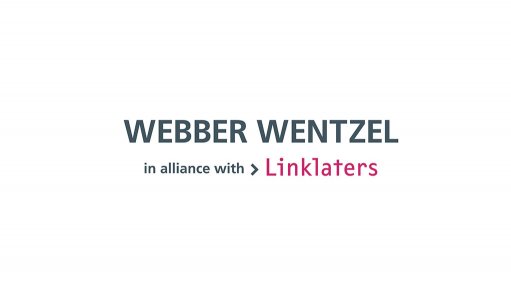
Employers considering putting a mandatory Covid-19 vaccination policy in place need to take several factors into account, including appropriate steps if an employee refuses
Employers are currently faced with the difficult question whether to make vaccination mandatory for their employees. Obviously, employers want to create and maintain a safe and healthy working environment for their employees, including taking measures to protect them from contracting and/or spreading Covid-19. An additional measure could be to ensure employees receive the Covid-19 vaccine, once they are eligible, as determined by the South African Government.
However, employers are warned not to implement mandatory vaccinations (i.e., employees having no choice in the matter) and to be aware of balancing employee rights and interests. The South African government has stated that it will not enforce a mandatory Covid-19 vaccination regime for its citizens. Instead, it is rolling out a programme that encourages citizens to be vaccinated in the interests of public health and safety.
On 28 May 2021, the Department of Employment and Labour published a revised Covid-19 Direction on Health and Safety in the Workplace, which provides guidelines for employers on the issue of mandatory vaccination. Importantly, this Direction does not apply to all workplaces. However, it should be considered by all employers since there is currently no other direction or guidance available on mandatory vaccination.
The Direction, very briefly, sets out the requirements for employers to take steps to generate awareness and educate employees on the Covid-19 vaccine. It provides that employers should give employees paid time off to be vaccinated when their vaccination is scheduled to take place during working hours, as well as paid leave if an employee suffers any side effects.
The Direction also provides that employers who are considering mandatory vaccination should undertake a risk assessment to identify which employees must be vaccinated. This assessment must take into account the risk of transmission due to the nature of employees' work, or the risk of severe Covid-19 disease due to their age or their co-morbidities. After the risk assessment, the employer should formulate a clear mandatory vaccination plan, including the following elements:
- identifying employees who will be subject to vaccination
- what process the employer will follow to comply with its obligations under the Direction
- whether the employer is planning to make it mandatory for identified employees to be vaccinated.
Employees identified for mandatory vaccination must be notified of the following:
- their obligation to be vaccinated once the vaccine becomes available
- their right to refuse to be vaccinated on constitutional or medical grounds:
- constitutional grounds mean that the employee relies on the right to bodily integrity (section 12 of the Constitution) or right to religion, belief and opinion (section 13)
- medical grounds mean that the employee has been contra-indicated for vaccination by a medical doctor
- the opportunity for the employee to consult a health and safety representative, worker representative or trade union official.
If an employee refuses the vaccination on constitutional or medical grounds, the employer should investigate the validity and/or reasonableness of the refusal. Once the employer determines whether the refusal is valid and reasonable (this could take the form of an investigation), the employer is required to take reasonable measures to accommodate the employee in the workplace.
If reasonable measures cannot be implemented, the employer can consider dismissal for operational requirements (which involves an extensive consultation process). This would be particularly the case when it can be shown that vaccination is an inherent requirement for the job, i.e., to make it safe for that employee and other employees, and that, without vaccination, the employee cannot render services safely.
Should an employee refuse vaccination on spurious or illegitimate grounds, an employer should attempt to encourage the employee to take the vaccine through counselling and education. If the employee persists in refusing, the employer can consider dismissal for operational requirements.
These are complex, untested issues to be considered in the workplace, and they have far-reaching repercussions. Prior to implementing mandatory vaccination in the workplace, it is advisable for employers to seek legal advice and guidance.
Written by Dhevarsha Ramjettan & Shane Johnson from Webber Wentzel